It's a rare thing that an entire genre can face a crisis of identity that shakes it to it's core. Styles and themes, attitudes and approaches can change but the basis behind a genre is usually stable. But there's one in gaming that bucks this trend. There's one that's rapidly loosing any and all idea of what it means, and how it keeps itself independent from the other genres around it. If nothing is done, it could completely collapse in on itself only to be reborn into something drastically different.
It is the Role-Playing Game, and letting it die only to be resurrected could be the greatest thing that ever happened to it.
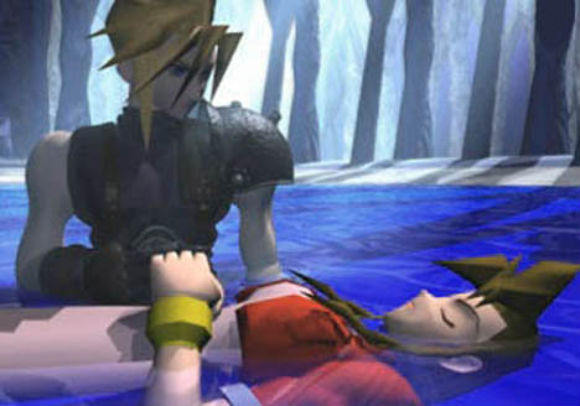
Now if only it would let us do the same for her…
The first way to handle such a crisis of personality is to come up with a definition of what an RPG actually is. Leveling up would seem to be the obvious element at first glance, but you level up in Modern Warfare 2 and Halo Reach, and calling either of those RPGs seems like a stretch. It could be gaining new abilities and powers as you play, but any FPS that introduces new weapons to you slowly as you go works too. Even Doom didn't let you have the BFG 9000 right out of the gate. And it's certainly not just anything fantasy, that classic misconception has been completely blown out of the water for a number of reasons.
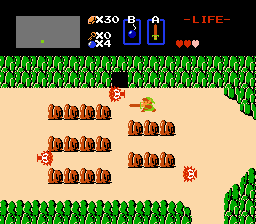
For the last time: THIS DOES NOT COUNT
So if it's not any of those, what is it? The best definition I've found is thus: “An RPG is any game which provides an array of possibilities to deal with any given situation, and allows to player to permanently customize their gameplay experience to suit their preferred style of play”. Note the importance of 'permanently' there. We aren't talking switching between a rocket launcher or a sniper rifle, or swapping out perks in Call of Duty. Whatever choices you make for how you want to play the game cannot be undone, at the very least not without substantial cost or ramifications.
“Alright, great,” You're probably thinking. “If we know what an RPG is, solving its problem should be a snap shouldn't it?” Well not quite, because that doesn't really address one of the biggest problems they face: too many numbers.
Short of a stint with the LEGO Rock Raiders game when I was much younger, strategy games and I have never seen eye to eye. That may seem like a complete non-sequitur but the reason for this is the same as why I think RPGs need to be allowed to continue on their journey of self-reinvention. The problem I have is one of detachment. As I tell a squad in Company of Heroes to attack I feel as though I'm only sending out orders without really contributing. I watch them take potshots at the enemy from behind cover and the only thing I can think is, I could do better. I don't think there's anything wrong with strategy games, I just understand that I'm all wrong for them because I can't help but see it as watching other people have my fun for me.
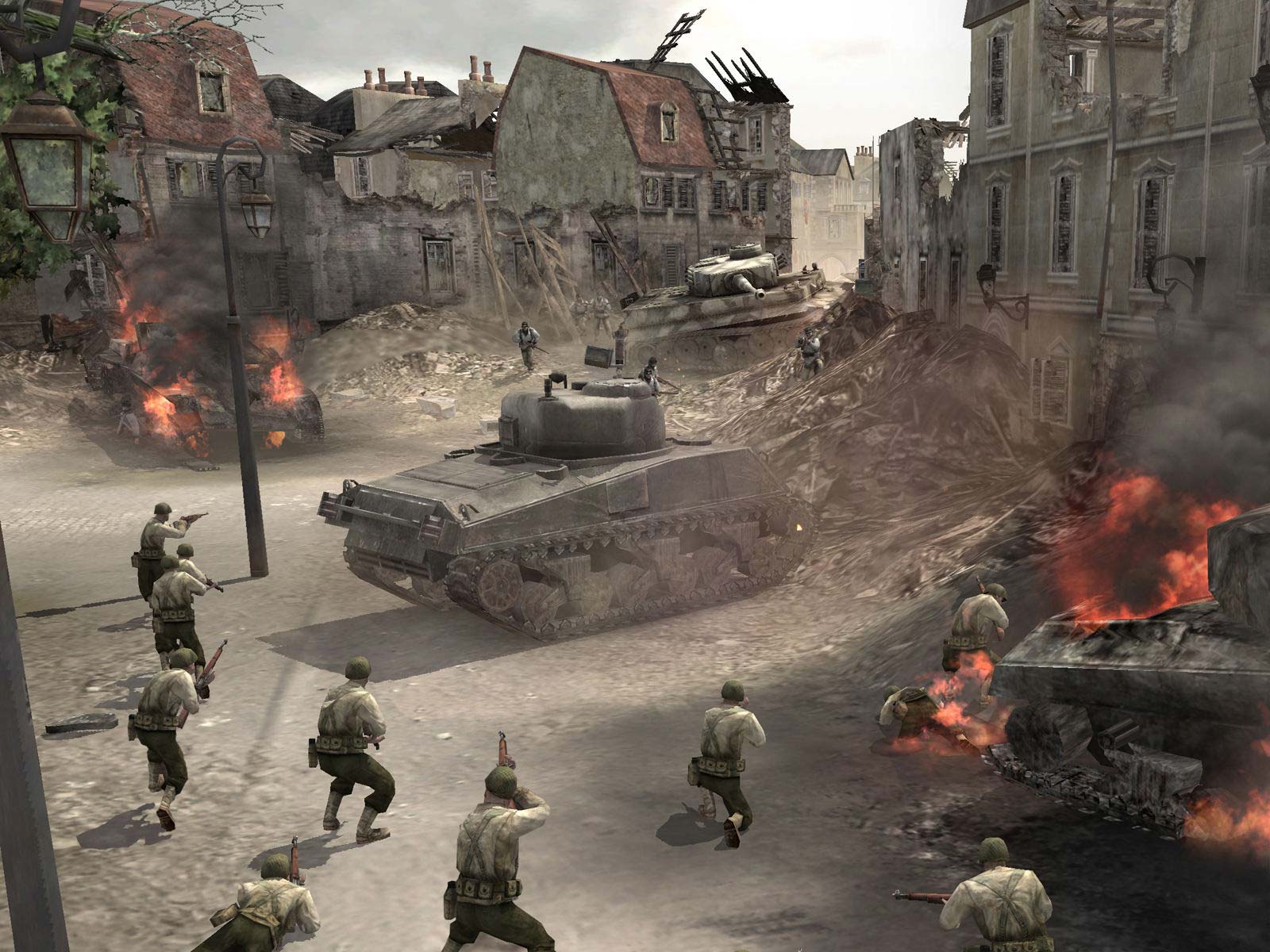
It feels like I'm in the stands, except I have no hotdog
In a lot of ways, older RPGs feel like they have the same problem. Limitations of technology and a heavy influence from traditional Pen & Paper setups forced the fledgling genre to rely almost exclusively on numbers. Dice were the Old Gods of the RPG world, feared and worshiped in turn as they randomly decided the fate of everything from attack success to NPC persuasion. For a while the system worked; Dungeon's & Dragons is still a blast to play today, and some truly legendary titles were created like Baldur's Gate, Ultima, and Planescape: Torment. But then something changed.
Improvements in technology allowed plays to interact more directly with the world around them then ever before. Slowly but surely they stopped needing dice to tell them what they could do, because they could do things for themselves. Caught between this sudden shift in design as old and new ideas clashed, RPG developers would struggle to find a balance whether they realized it or not, and nowhere was this more evident then in Ion Storm's hugely influential PC masterpiece Deus Ex.

Not that Ion Storm
Reaching unexplored depths of story construction, plot malleability, and world-building, Deus Ex had a lot to love, but there was something else that made it unique. It was the first game to attempt to merge RPGs and FPSs, something later attempted by Fallout 3, and arguably perfected by Borderlands. But when I first played it recently, I discovered that making a true 'role-playing shooter' was more difficult then just giving you a gun instead of a sword.
Certain things players can do for themselves, just like me watching my squads fight Germans in Company of Heroes. If I had been allowed to jump down on to the battlefield in FPS mode, chances are those firefights would have been resolved a lot faster. Deus Ex's RPG heritage created the same problem for itself mostly because of it's aiming. No matter how good you might be with a mouse your ability to hit foes was still determined by your accuracy skill, even if you had the perfect headshot lined up. All of a sudden, the player's abilities were in direct conflict with the character's abilities.
It wasn't any fun.
The player and the mechanics should never fight each other (Unless it's turned into some kind of big metaphysical 'point' in the narrative, you'd be amazed how many bad design decisions you can theoretically get away with if you can pull that off), they need to work as a unified front against whatever enemies the game comes up with. If the mechanics interfere with things the player is capable of doing, they quickly become adversaries.
For instance, in Deus Ex you as the person sitting behind the keyboard aren't required to hold your breath when you swim, but your character is. And while you might say that it does require some skill on your part to get to the end without drowning, it really just amounts to not dawdling or getting stuck on level geometry. This is a primarily challenge to your character, to the leveling decisions that you've made over the course of the game up to that point. The same is true of swinging a sword in a classic, top down RPG.

That's a much better example, because who honestly leveled up swimming?
On the other hand, imagine if Super Mario Bros. had included a leveling system wherein Mario would take a random amount of time after you pressed A to jump as determined by a dice roll, but increasing your jump skill made that time go down. It would have been horrendous, possibly even fatal to the franchise right then and there, because it took away something the player already knew they were good at: their ability to jump at precisely the right moment.
That is not good feedback, and when done correctly RPGs have probably the best positive feedback loop of any genre. Why do you think World of Warcraft got to the megalithic status it has, or that CoD's multiplayer only really got popular when they started including unlockables? The constant progression to a new threshold of being, and the associated new toys that come along with it, make you feel as though you're always accomplishing something and always being rewarded for it. But if you force the player to first unlock things they already feel they own, it can feel redundant at best, or as if the game is holding out on them at worst.
And if you still must leave things up to the dice, at least give players the chance to help themselves out. Bloom reticules in shooters are a great example of this. Fire something like a DMR in Reach too quickly, and your reticule flares out making your shots less accurate. But if you're patient, wait to place your shots and have a steady hand, you can compensate or even eliminate the problem entirely.
Unfortunately that's not mission accomplished yet. While the Great Dice Gods are now better understood, there's one last critical change to emerge in recent years, one that was touched on above. What about RPG elements?
More and more games are including leveling and unlockables in places we would have never expected a decade ago. Even the new Wolfenstein had them. This trend has made so-called 'real' RPGs very confused about how they fit into the world anymore, what makes them different if everyone is stealing from their toy-chest now? Fear not, however, because the answer to this one is actually quite simple: they still have to obey the definition above.
Once you include the fact that your customizations much be permanent, a surprising number of things are reorganized. Amazingly Bioshock of all things is out, since tonics can be re-equipped at any time. But bizarrely Dead Space counts, since substantial upgrades spent between individual weapons and various suit powers can't be removed. When looked at under this microscope the line between unlockable toys and true RPG-ness becomes much easier to recognize, no doubt to cause more then a few readjustments in some classifications.

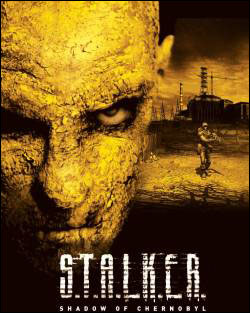
Yes… No
And to everything that fulfills the extent of our definition, classifying them is even simpler. No matter what they might focus on more, they're all RPGs. They've all got some RPG in them, but more importantly they've got bits of other genres too. And what that means is RPGs were never dying, they were being absorbed, and we've probably only just seen the beginning of where this trend is taking us both for RPGs and games in general.
That makes it sound a bit like soon all genres will fold into each other, leaving us with only a homogenized soup of pure distilled game, but rest assured such a thing will never happen. There will always be people, myself included, who want some RPGs off on their own. Games that may perhaps take cues from other genres, but know quite well where their feet are planted. Some titles will sit at the center of a churning pot of every type of game you can think of, and a few already do, while others will always linger at the edges. RPGs with liberal use of dice rolls, shooters with nothing more complicated then a whole lot of guns and even more monsters to use them on, strategy games off doing… whatever it is strategy games do, even the once beloved but long endangered adventure game has made a surprising comeback.
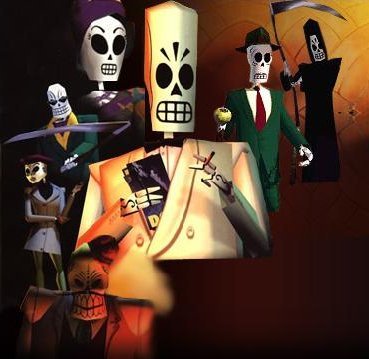
Good thing too, they were this close to needing Manny's services
And if that doesn't prove that nothing really dies in this industry, I don't know what will.
One-Sided Argument is a review/opinion series that focuses on why games are good or bad instead of whether they're good or bad, and on what we can learn as an industry from both. Mike Richards is a reviewer/opinionated person who focuses far too much on making this ending bit good and filling it with nothing worth learning. He is nowhere and he is everywhere on the internet, at least until he meets a nice, stable site he likes and settles down.
VentureBeat's mission is to be a digital town square for technical decision-makers to gain knowledge about transformative enterprise technology and transact. Learn More
